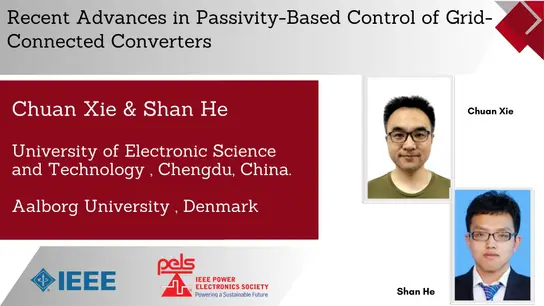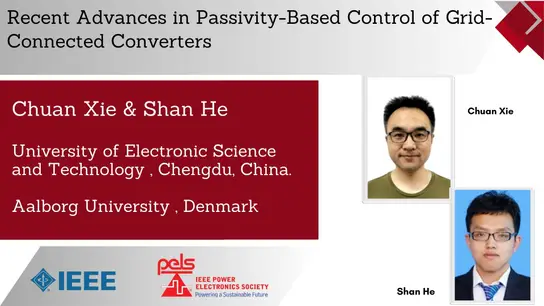5G mmWave Revolution and New Radio
Amitabha (Amitava) Ghosh, a Nokia Fellow and Head, Small Cell Research at Nokia Bell Labs
-
Members: FreeTechnical Community
IEEE Members: Free
Non-members: FreeLength: 01:01:52
20 Sep 2017
The first phase of standardization of 5G cellular systems is currently underway covering bands up to 52.6 GHz while the next phase will cover bands up to 100 GHz. Due to the availability of large bandwidths at mmWave frequencies (20 GHz-100 GHz) the 5G requirements of greater than 10 Gbps of peak rate and edge rates greater than 100 Mbps for extreme mobile broadband (eMBB) applications can be met using a simple air-interface design and high dimension phased arrays. The mmWave systems also face inherent challenges, such as a high penetration loss, a higher sensitivity to blockage and diminished diffraction, which the system must overcome.
In this talk, a comprehensive view of mmWave technology will be discussed. Firstly, mmWave challenges and propagation characteristics will be presented with some compelling use cases. Next, the availability of spectrum at mmWave frequencies will be discussed followed by comprehensive description of 5G new radio (NR) interface. Massive MIMO is one of the key features since at mmWave frequencies coverage enhancing solutions are essential to compensate for the higher path-loss. Massive MIMO technology @ mmWave will be discussed along with system performance results. The system performance will cover early use case for pre-5G commercial systems, namely, providing high speed fixed access wireless data service to residential customers in suburban neighborhoods. The effect of foliage, power, ISD, SU/MU MIMO on system performance will also be presented. Finally, some field results on early Proof-of-Concept (PoC) mmWave systems will be presented.
In this talk, a comprehensive view of mmWave technology will be discussed. Firstly, mmWave challenges and propagation characteristics will be presented with some compelling use cases. Next, the availability of spectrum at mmWave frequencies will be discussed followed by comprehensive description of 5G new radio (NR) interface. Massive MIMO is one of the key features since at mmWave frequencies coverage enhancing solutions are essential to compensate for the higher path-loss. Massive MIMO technology @ mmWave will be discussed along with system performance results. The system performance will cover early use case for pre-5G commercial systems, namely, providing high speed fixed access wireless data service to residential customers in suburban neighborhoods. The effect of foliage, power, ISD, SU/MU MIMO on system performance will also be presented. Finally, some field results on early Proof-of-Concept (PoC) mmWave systems will be presented.


